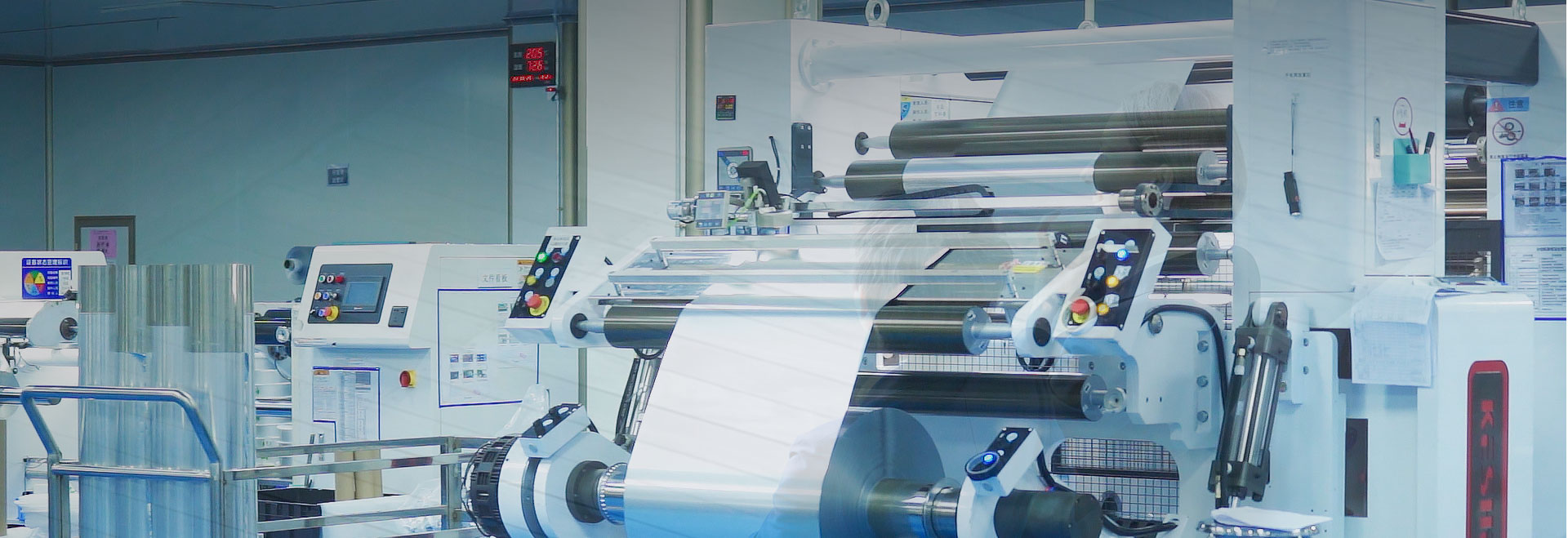What are the advantages and prospects of aluminum pouch film application in solid-state batteries?
Aluminum pouch film, as the core packaging material for solid-state batteries, has the following technical characteristics and industrial value:
1、 Technical advantages
1. High flexibility and adaptability
Solid electrolytes (such as sulfides and oxides) have high hardness but poor flexibility. Aluminum plastic film can avoid mechanical stress induced compression cracking by being encapsulated in soft pack laminates. The elongation at break is ≥ 15% (aluminum shell only 5%)
Buffer volume expansion
2. The high ductility of aluminum-plastic film can effectively buffer the volume expansion of battery cells during charge and discharge processes (such as lithium metal negative electrode expansion>300%), reducing the risk of structural rupture
3. Lightweight and Safety
Compared to metal hard shells, it reduces weight by 40% and indirectly increases energy density by 10% -15%; When the heat is out of control, it only bulges and releases pressure, with no risk of fire
4. High barrier properties
The water oxygen barrier property reaches 0.005g/㎡· day (national standard 0.01g), ensuring the long-term stability of the battery
2、 Market prospects
Demand growth: The global demand for aluminum-plastic film for solid-state batteries is expected to reach 614-921 million square meters (1-1.5 million square meters per GWh) by 2030
1. The domestic market size is expected to exceed 15 billion yuan by 2025
2. Domestic substitution: Guangdong Guanglin has made technological breakthroughs and its product performance is now comparable to Japanese companies such as DNP and Showa Electric
3、 Technical roadmap and competitive landscape
Material innovation: dry heat composite process and high temperature resistance technology (-40 ℃~120 ℃) are the main directions
The technological iteration and localization process of aluminum-plastic film will significantly promote the industrialization of solid-state batteries, especially in the field of soft pack batteries.













